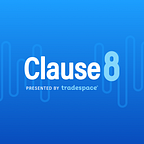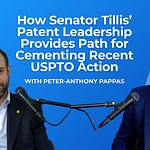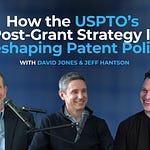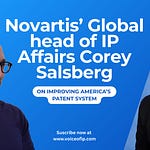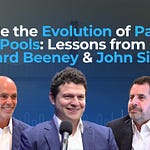J. John Lee is the Chief Counsel for IP in the US House of Representatives and helms the House Subcommittee on Courts, Intellectual Property, and the Internet, which is chaired by Congressman Darrell Issa. In that role, he is one of only four staffers in Congress who focus on IP issues and help set the agenda for what happens with America’s IP system.
John joins Eli on this lively episode to discuss how he ended up in that role after serving as a Lead Judge on the PTAB, how he is currently working closely with the other IP staffers in Congress to advance legislation to fix Section 101 and the PTAB, what it will take for Section 101 legislation to pass, why broad consensus is necessary for IP legislation, what’s driving the bitter disagreements over IP issues, and much more! The episode was recorded at the end of last year.
If you know anyone else who might be interested to learn what changes might be in store for patent law or how the patent policy sausage is made in Washington, please share with others:
Selected Timestamps
| 0:04:52 | How John Lee became Chief Counsel for IP in the House of Representatives |
| 0:08:05 | John Lee's role as Chief Counsel for IP and his relationship with Issa and Judiciary Chair Jim Jordan |
| 0:10:18 | John Lee's experience stepping into his role on the Hill |
| 0:12:13 | Making positive impressions on IP staffers in Congress |
| 0:16:04 | Trajectory of patent system over last 20 years |
| 0:24:52 | Proposal to exercise march-in rights under the Bay-Dole Act |
| 0:31:27 | Administration’s failure to build consensus on - and widespread congressional opposition to - proposals to waive & seize IP rights|
| 0:33:26 | Uncertainty and lack of administration policy on standard essential patents (SEPs)|
| 0:38:08 | The need to protect US leadership in technology and innovation |
| 0:39:19 | Concerns about the state of Section 101 and the weaknesses of the patent system |
| 0:44:04 | How patent system creates an innovation engine by encouraging disclosure of innovations |
| 0:45:12 | Importance of consensus for significant changes in IP law |
| 0:49:54 | Cooperation between Republicans and Democrats on IP, AI, and other related issues |
| 0:53:39 | Heated opposition in House on USPTO’s ANPRM proposing changes for the PTAB |
| 0:57:12 | Optimism for patent bills and substantial progress in the House and Senate. |
| 1:02:28 | Possibility of introducing companion bills for Patent Eligibility Restoration Act (PERA)|
| 1:05:13 | Pain points that might drive agreement on Section 101: third party litigation funding, discretionary denials at PTAB, and standard essential patents (SEPs) |
| 1:06:26 | Negative impact on Federal Circuit from suspension of Judge Pauline Newman |
| 1:07:57 | Role of lobbyists in development of IP policy |


